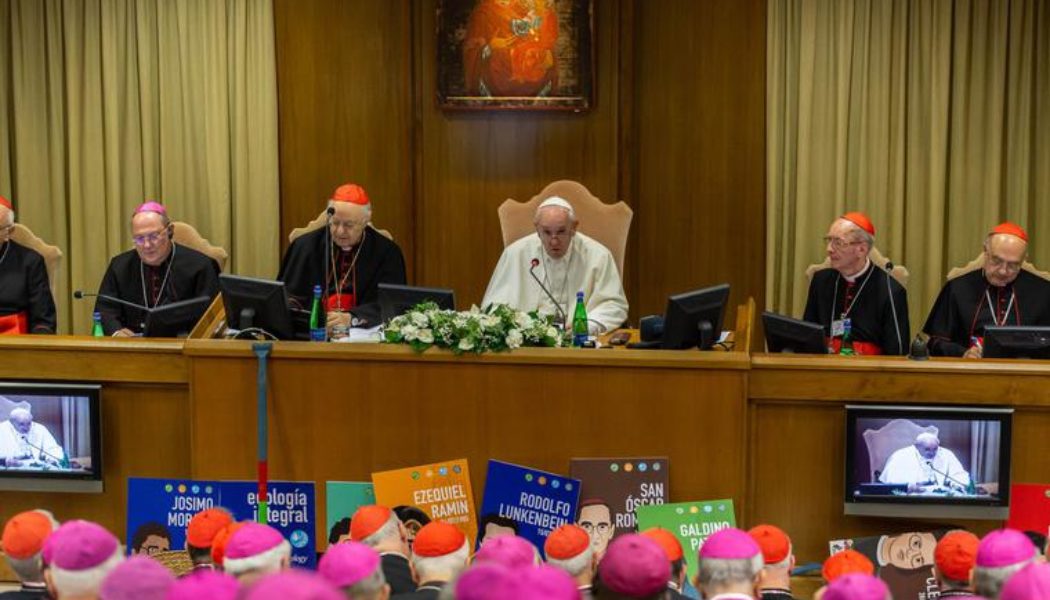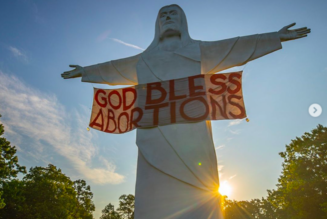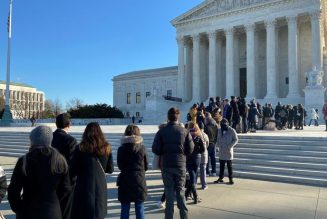
COMMENTARY: The planetary process leading up to the 2023 synod has to confront two major challenges before it begins.
Six weeks before the Catholic Church-wide consultations for the 2023 synod on synodality are set to begin, the Vatican released a vademecum, or “handbook,” that will guide a process that is supposed to occupy every single diocese in the world from October 2021 to April 2022.
The most massive set of meetings ever conducted in the history of the Catholic Church was announced only four months ago, between the third and fourth waves of the coronavirus pandemic in many parts of the world.
The vademecum did not address whether dioceses where the dispensation from the Sunday Mass obligation is still in force should be convening consultative meetings as part of a process to discuss the role of consultative meetings in the life of the Church.
The handbook listed “ten thematic nuclei,” including “journeying together,” “co-responsible in the mission” and “forming ourselves in synodality.” There is a mandate to consult with those who never come to church.
It is an ambitious plan, intended to be a “participative and inclusive ecclesial process that offers everyone — especially those who for various reasons find themselves on the margins — the opportunity to express themselves and to be heard in order to contribute to the edification of the People of God.”
The process suffers from two main challenges before it begins — credibility and practicality.
Recent synods have had something of a credibility problem in terms of how consultations were done. For example, the 2014 and 2015 Synods on the Family appeared to exclude certain views from among the participants — views that were the magisterial teaching of the Church.
In the 2018 Synod on Youth, Cardinal Oswald Gracias, one of the Holy Father’s closest advisers on the “council of cardinals,” admitted that the draft report’s emphasis on “synodality” and “discernment” were not what the synod fathers had discussed, but were inserted by the synod managers.
The planetary process for synod 2023 requires that every diocese, after six months of consultative sessions, submit a 10-page report, summarizing the findings. The rather short page limit is a matter of practicality; if every diocese in the United States submits a report, that alone would be nearly 2,000 pages. All of that paper will be chewed over by the national episcopal conferences, which will meet in continental conferences to massage the mass of material into a final report that will be delivered to Rome. The synod secretariat will then produce its own preparatory document for synod 2023.
With the enormity of paper generated, it will necessarily fall to the editorial team in Rome to select those themes that will be emphasized, just as was the case in the recent synods. Will the result be any different this time, even if the process has been inflated to elephantine proportions?
It would seem a great waste of resources if the end product was imposed by the synod secretariat, as has happened before.
The second major challenge is actual resources. Is the planetary process practical?
It may be that some wealthy local Churches will be able to summon the resources to launch the process. The vademecum makes clear that the consultations are not to have the character of a political meeting or local democracy. They are to be authentic ecclesial meetings that leave ample space for the Holy Spirit to act. There should be common prayer and a period of formative listening to the Scriptures.
Practically, that means time in which trust among participants can be built up and a process of formation be followed. Holding an open forum in the church basement where parents list reasons why their children no longer practice the faith is not what the Vatican has in mind.
It may be that the Vatican doesn’t really expect that what it has in mind will take place. No one had heard of this idea 120 days ago, when it was first announced, and the official guidance comes less than 60 days before launch. Most sacramental-preparation classes are more extensively prepared than that.
The coincidence of the planetary process with the pandemic further compounds the practical difficulties.
In many places, the Sunday Mass obligation is suspended because it is considered possibly unsafe for many to come to Mass at this time. Consultative meetings would require closer, longer and more potentially infectious contact than is usually the case at Mass, especially for the elderly and infirm. Will there be room for them, or will they Zoom in?
With the planetary launch just weeks away, very few dioceses have announced their plans for the local phase, which will conclude next April. The U.S. bishops have announced a national advisory officer in the episcopal conference, but at best that can be a resource person. The local Churches will have to do the work themselves. Or, as the case may be, not do it at all.
Join Our Telegram Group : Salvation & Prosperity









